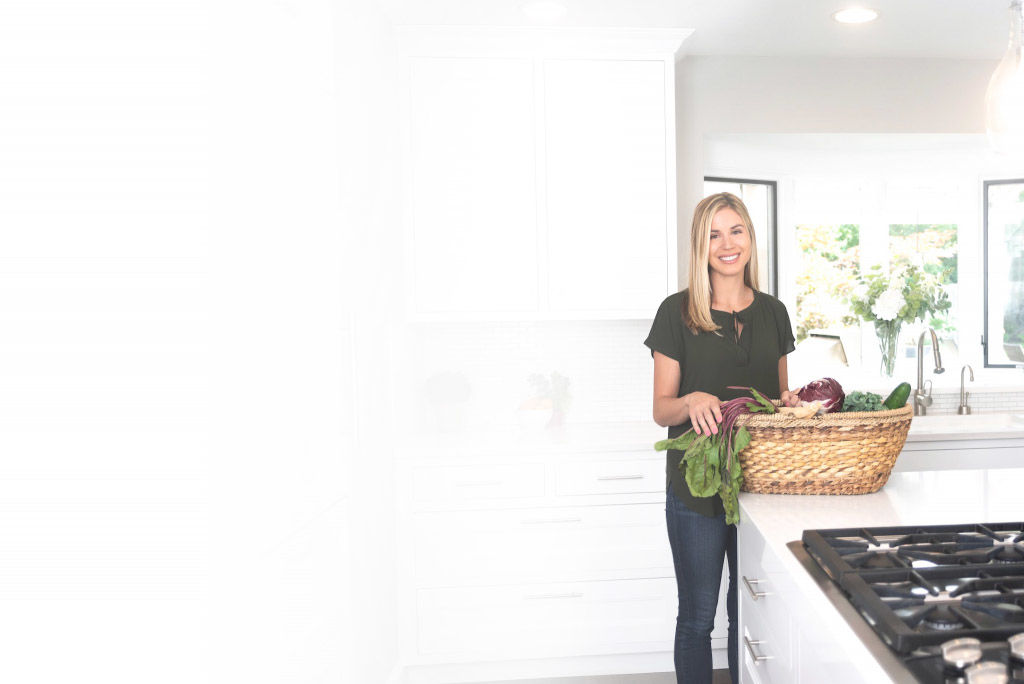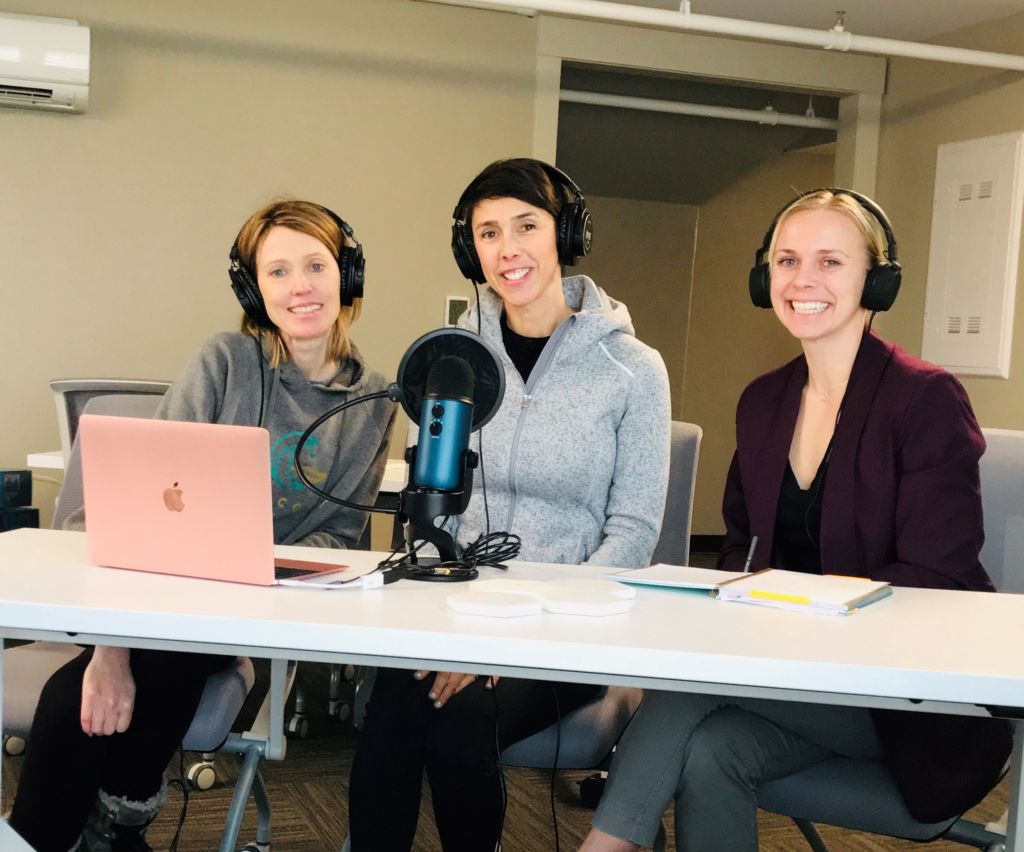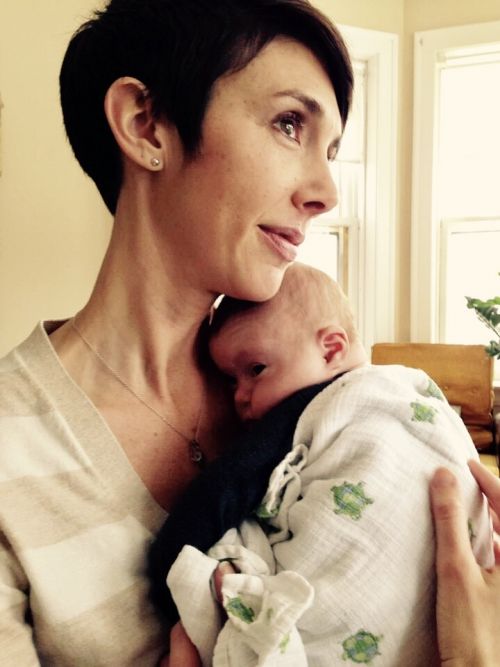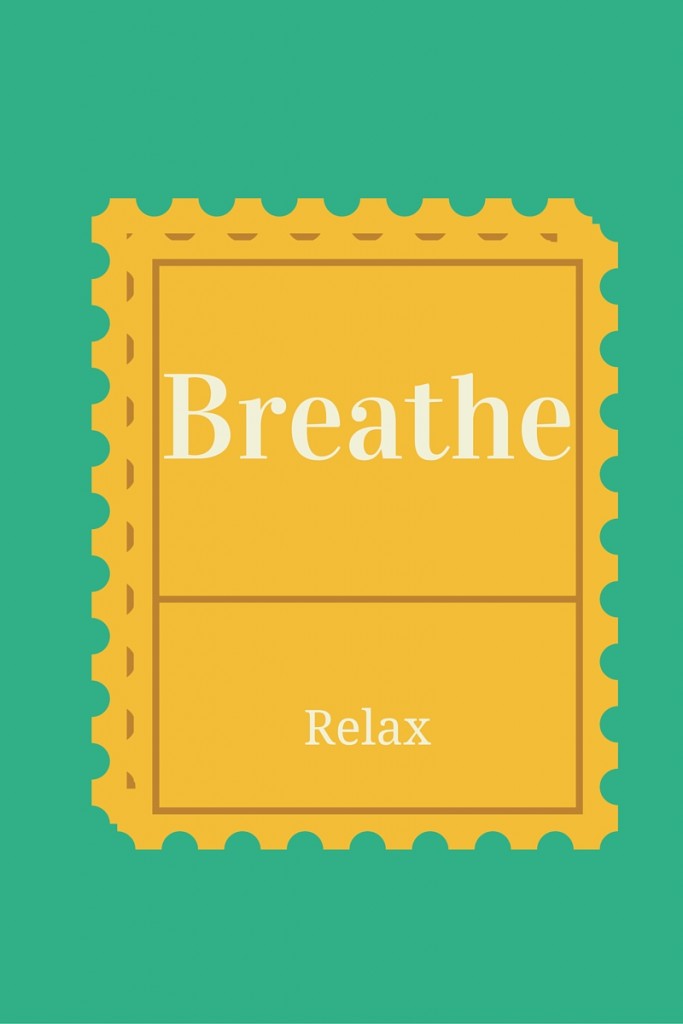Podcast Episode #61: Postpartum Wellness

Dr. Erica of Root Functional Medicine gives moms some tips about staying healthy through pregnancy and into the postpartum period. We also talk about her upcoming Postpartum Wellness class on March 7. You can listen to this complete podcast episode on iTunes or SoundCloud. This podcast episode is sponsored by LifeFuel, providing healthy meal delivery […]
Podcast Episode #60: A Naturopath’s Perspective on Pregnancy and Depression

Doctor Janna Hibler, ND talks to Alyssa and Kristin about how a naturopathic doctor treats pregnant and postpartum women, body and mind. You can listen to this complete podcast episode on iTunes and SoundCloud. Alyssa: Hello, welcome to Ask the Doulas podcast. I am Alyssa Veneklase, co-owner of Gold Coast Doulas, and I am here […]
Nursing & The Entrepreneur

Today’s guest blog is from our dear friend, Kristina Bird. She is a partner with The People Picture Company, a photography studio located in the heart of downtown Grand Rapids committed to producing magazine quality photography for all of life’s milestones. Sitting in my car, the beating hum of my pump out of sync with […]
Mothership Certified Health Service Providers

Many of our doulas are Mothership Certified Health Service Providers. Sounds cool, but what does that mean? Here’s a simplified breakdown of what we learned in our training and why it’s so important. The training involved learning the difference between empathy and sympathy. We understand that empathy never starts with, “At least…”. Here’s a great […]
What Does Self-Care Look Like For You?

Today Kristin talks about what self-care looks like for her and gives some easy ideas for how to incorporate self-care into your routine. I was camping at a music festival last fall and walked up to two friends, both teachers, who were talking about how they nurture themselves. It is so easy to feel depleted […]
What does non-judgmental support mean?

Author: Alyssa Veneklase, CD I was recently asked if, since I’m a doula, I tell clients not to vaccinate and make them feel guilty if they don’t breastfeed. What??! If you had a doula that made you feel this way, I apologize on behalf of them. That is the opposite of what a doula […]
Birth and Pregnancy Affirmations

I love affirmations! I utilized them daily during my second pregnancy as I had signs of getting pre-eclampsia again. I needed my thoughts to remain positive. In the end, I avoided getting pre-e and had a perfect pregnancy and beautiful birth. The Sacred Pregnancy book taught me about mantras and affirmations. I would hold my […]
5 Quick Makeup Tips for New Mothers

Gold Coast Doulas is thrilled to present a guest blog from Christina Parrilla of Beauty by Christina. She is a self taught makeup artist and hair stylist. She started her business with the hope of creating incredible experiences for women of all ages, colors, and sizes. She feels that beauty is so much more than […]
Getting To Know Your Pelvic Floor

We are pleased to present a guest blog by Melissa VanKampen, PTA. Melissa has been working in the field of physical therapy for 18 years with the last 8 focusing on pelvic health in particular. She works for Northern Physical Therapy in Coopersville, MI. though Northern has six locations with several of them offering pelvic […]
